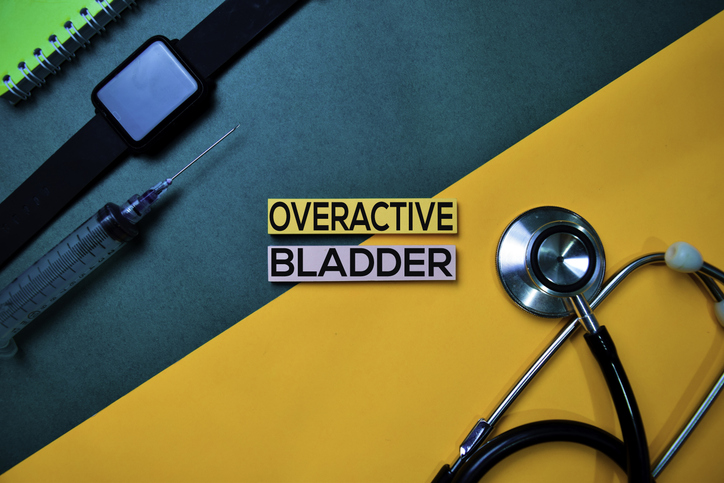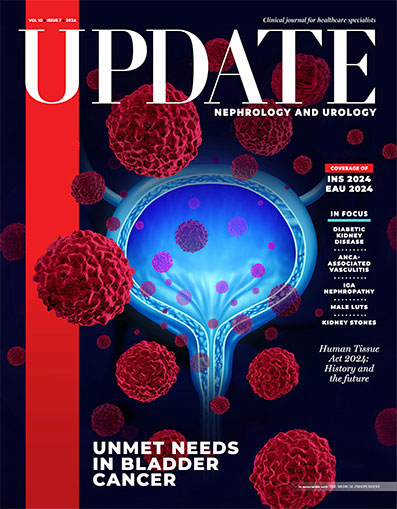Combining pelvic floor exercises with behavioural therapy could be more effective than current approaches at helping men with frequent urges to urinate, new research in men has found.
The initial results from the Bladder Emptying Disorder Therapy (BEST) Trial were presented at the 2024 European Association of Urology Annual Congress. They reveal that an app-based therapy leads to significant improvements in the lower urinary tract symptoms that many millions of men experience – hesitancy, straining, frequent urges to urinate, and emptying the bladder effectively. Full results of the trial are expected to be published later this year.
Carried out in Germany, this is the world’s first randomised controlled trial to look at combining pelvic floor training, behavioural therapy and bladder control techniques for mild, moderate, and severe bladder emptying disorders in men, all delivered as an app-based therapeutic.
Bladder emptying disorders can start to appear from the age of 30 and typically affect a large proportion of men aged over 50. While clinical guidelines recommend physiotherapy, behavioural therapy, and lifestyle changes as a first-line of treatment, they are often neglected by clinicians due to a lack of available evidence.
Prof Christian Gratzke, from University Hospital Freiburg in Germany, who co-led the trial, commented: “Frequent urges to urinate and issues emptying the bladder are the most prevalent urinary conditions we see in men after urinary tract infections.”
Up until now there’s been little data available to back physiotherapy, he noted. “We’re confident that we now have that data, and making this form of therapy available digitally could be a game changer for the millions of men who struggle day-to-day with issues emptying their bladder.”
For the 12-week study, researchers recruited 237 men aged over 18 years from across Germany. Half the men were randomised to receive standard medical care, while the other half were given access to the Kranus Lutera app-based therapy alongside standard care. The participants were asked to record a urination diary, which was used to inform their treatment, and complete questionnaires about the severity of their symptoms and their overall quality-of-life.
After 12 weeks, the trial found significant and clinically meaningful improvements in symptoms and quality-of-life measures from participants given the app-based therapy, who reported an average seven-point increase in symptom scores compared to those in the control group. The study found that the app-based therapy was more effective than medical therapy.
“For those with mild-to-moderate urinary symptoms, this digital therapy is without side-effects and improves symptoms by a magnitude we have not seen before. Simply strengthening the pelvic floor makes all the difference, it’s a no brainer,” said Prof Gratzke.













Leave a Reply
You must be logged in to post a comment.